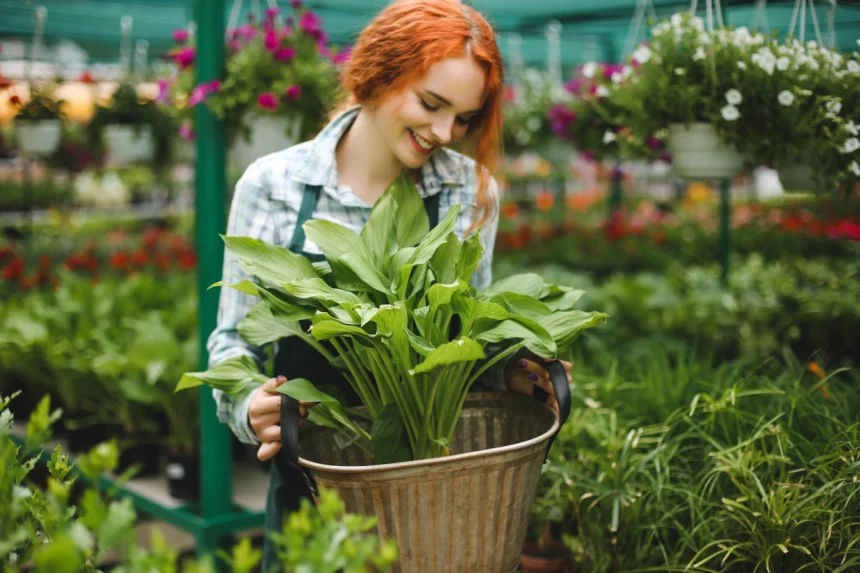Here are 10 things you should know about floriculture:
- Definition:
Floriculture is the branch of horticulture that focuses on the cultivation and management of flowering and ornamental plants for decorative purposes. It involves the production of flowers, flowering plants, and foliage plants. - Importance:
Floriculture is an important industry worldwide. It encompasses both commercial flower production for sale in the market as well as the cultivation of flowers for personal enjoyment and aesthetic purposes. - Economic significance:
Floriculture contributes significantly to the global economy. It is a multi-billion dollar industry, with countries like the Netherlands, Colombia, Kenya, Ecuador, and the United States being major players in flower production and export. - Types of crops:
- Floriculture includes a wide range of crops, such as cut flowers (roses, tulips, lilies, etc.), potted plants (orchids, poinsettias, African violets, etc.), bedding plants (petunias, marigolds, impatiens, etc.), and foliage plants (ferns, palms, dracaenas, etc.).
- Greenhouse production: Many floricultural crops are grown in controlled environments like greenhouses. Greenhouse production allows for year-round cultivation, protection from pests and adverse weather conditions, and the ability to create ideal growing conditions for specific plants.
- Global trade: Floriculture products are traded internationally. Flowers are exported from countries with favorable growing conditions to meet the demands of consumers in different parts of the world. The flower auction in Aalsmeer, the Netherlands, is the largest flower auction in the world.
- Technology and innovation: Floriculture has benefited from advancements in technology and innovation. Techniques such as tissue culture, genetic engineering, hydroponics, and controlled environment agriculture have revolutionized the industry, leading to increased productivity and the development of new varieties.
- Environmental concerns: Floriculture, like any intensive agricultural activity, has certain environmental impacts. These include the use of water, energy, pesticides, and fertilizers. However, sustainable practices such as integrated pest management, water conservation, and organic production methods are being adopted to minimize these impacts.
- Employment opportunities: Floriculture provides employment opportunities for a significant number of people worldwide. From farm workers involved in planting, cultivation, and harvesting to skilled professionals in research, breeding, marketing, and floral design, the industry offers a diverse range of jobs.
- Floral design and aesthetics: Floriculture plays a vital role in enhancing the beauty of various occasions and events. Floral arrangements and designs are used for weddings, funerals, celebrations, and interior decoration. The art of floral design involves creativity, color theory, and knowledge of different flower varieties and their characteristics.
These are just a few key points about floriculture. The industry is vast and constantly evolving, driven by consumer preferences, market trends, and advancements in technology.
Join 'Farmers Mag' WhatsApp Channel
Get the latest Farming news and tips delivered straight to your WhatsApp
CLICK HERE TO JOIN






